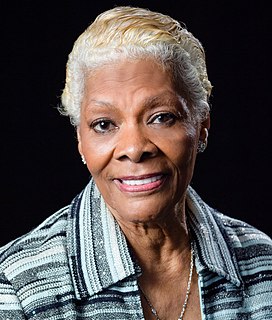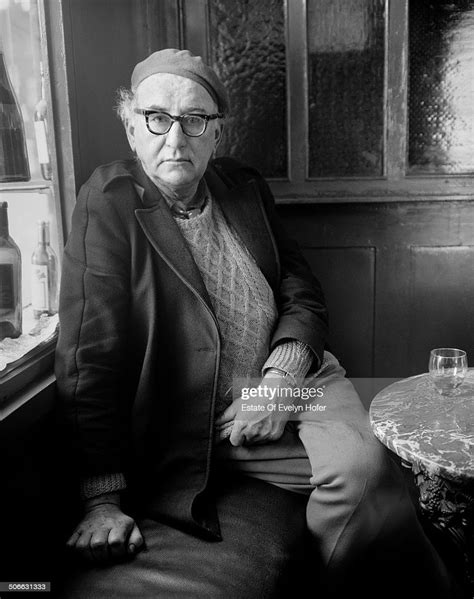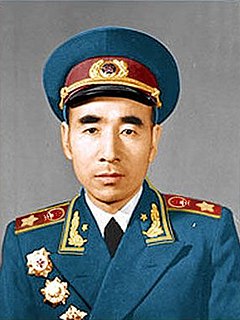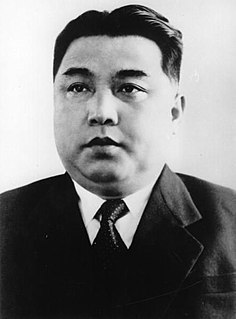A Quote by Dionne Warwick
Rural communities in Africa, South Asia and Latin America are where the majority of hungry people are and the inequality that exists between women and men in these communities is holding back progress. These women have a very tough time, so much is expected of them.
Related Quotes
There may be countries [where] there's no gender inequality in schooling, even in higher education, but [where there is] gender inequality in high business. Japan is a very good example of that. You might find cases in the United States where at one level women's equality has progressed tremendously. You don't have the kind of problem of higher women's mortality as you see in South Asia, North Africa, and East Asia, China, too, and yet for American women there are some fields in which equality hasn't yet come.
Latino actors and actresses have had to struggle for decades, but when I came around with Real Women Have Curves, attitudes were starting to change. We screened the film all over the world - in Jewish communities, black communities, Greek communities, German communities - and people across the board said, "That's my family."
Personally I get so much of my inspiration from women in other countries, so I don't feel like American women are the leaders and I don't agree with the notion that Americans can accomplish more or do more. But I do think that what we can uniquely do here in America is mobilize and galvanize a lot of these ideas and resources. It's a war of ideas. We, Islamic women, are very well supported in this country by institutions, academic and nonprofit, that are already in the field endorsing women's rights and tolerance. The women in other communities have been the pioneers in this work.
Business often does a good job supporting communities: the arts, universities, and scientific enterprises... But that philosophy has rarely reached poor countries. Even businesses that are enlightened in their home bases see Africa, Latin America, and parts of Asia as places to exploit natural resources or use cheap labor.
In my experience as a therapist and as a friend, it seems that the majority of the breakup resources available are for women and not men. Women, who tend to be more vocal about their emotional struggles, are the squeaky wheel that gets the grease from friends, from online communities, from books, and from therapeutic approaches.



































